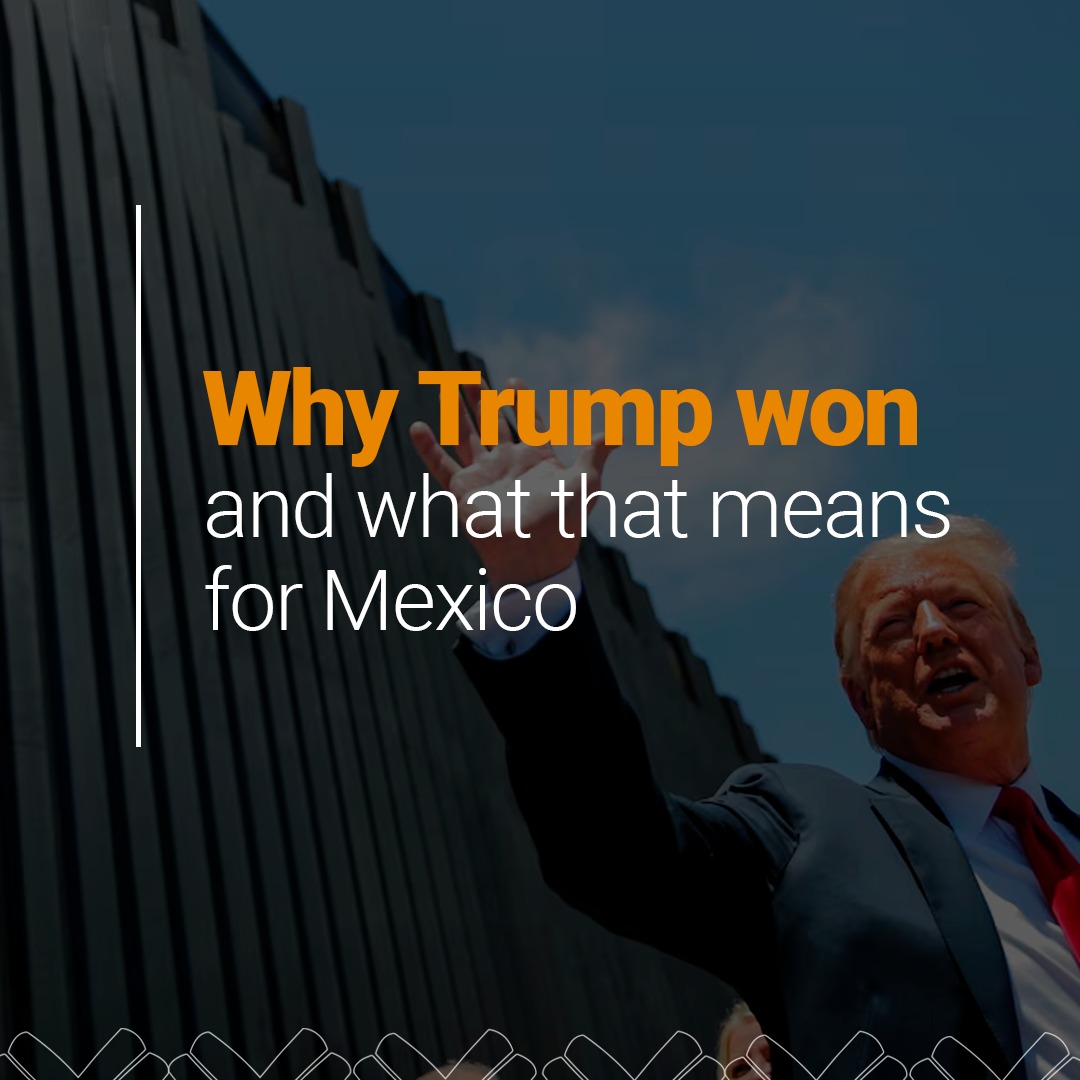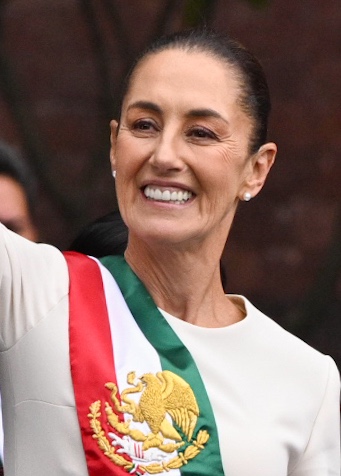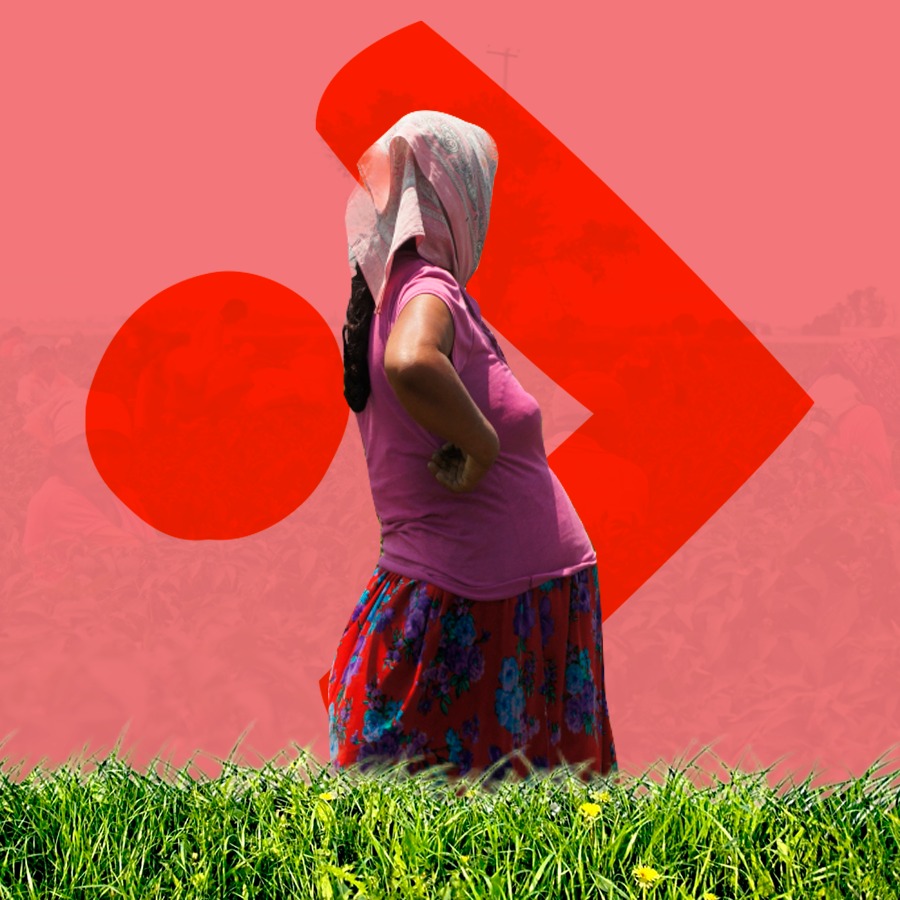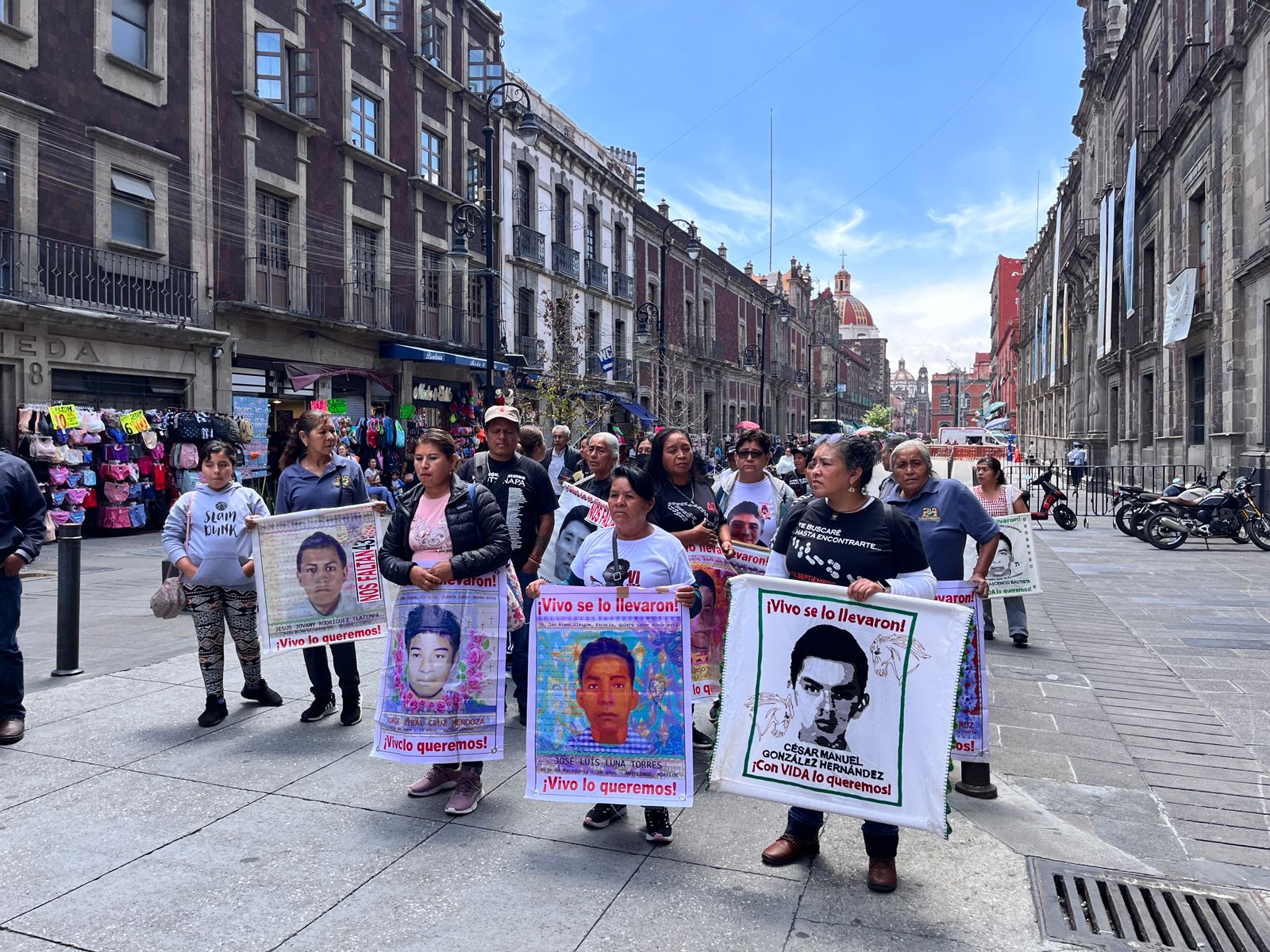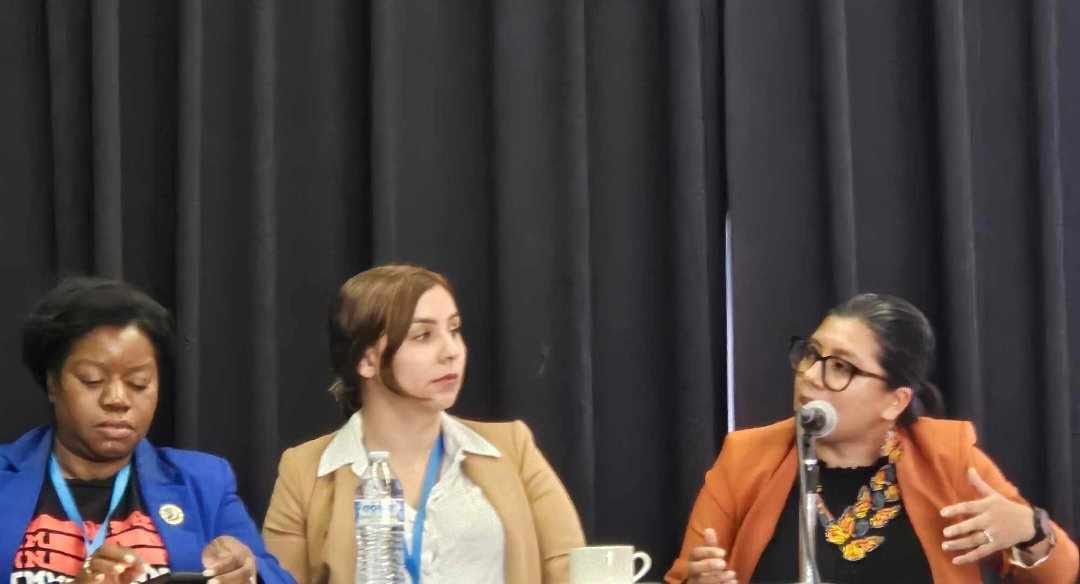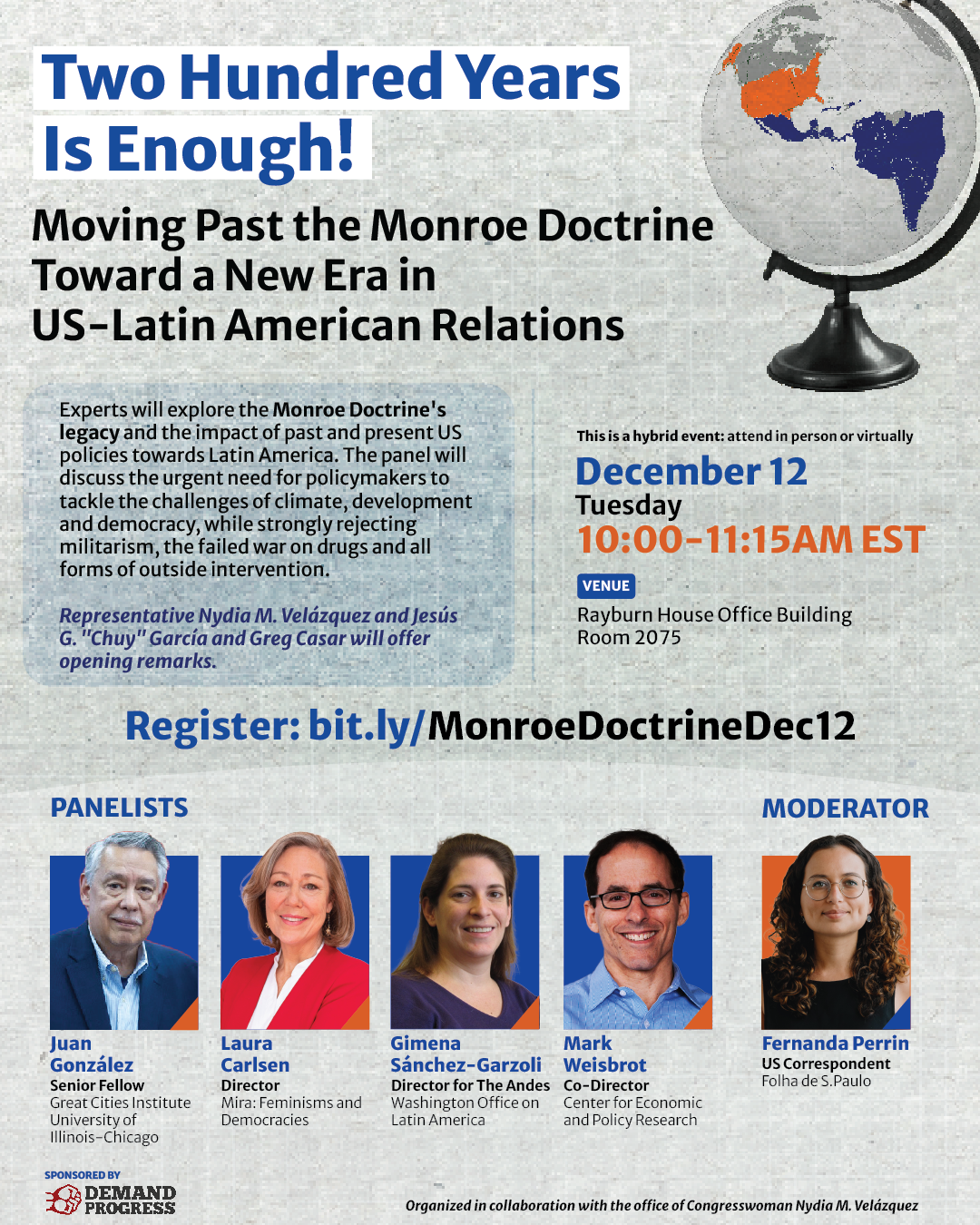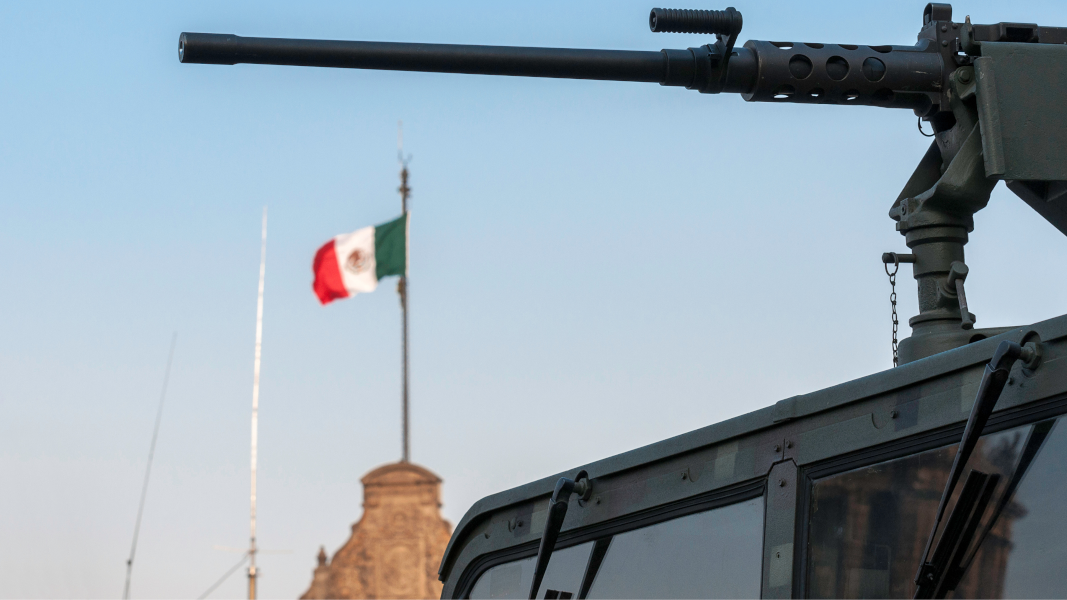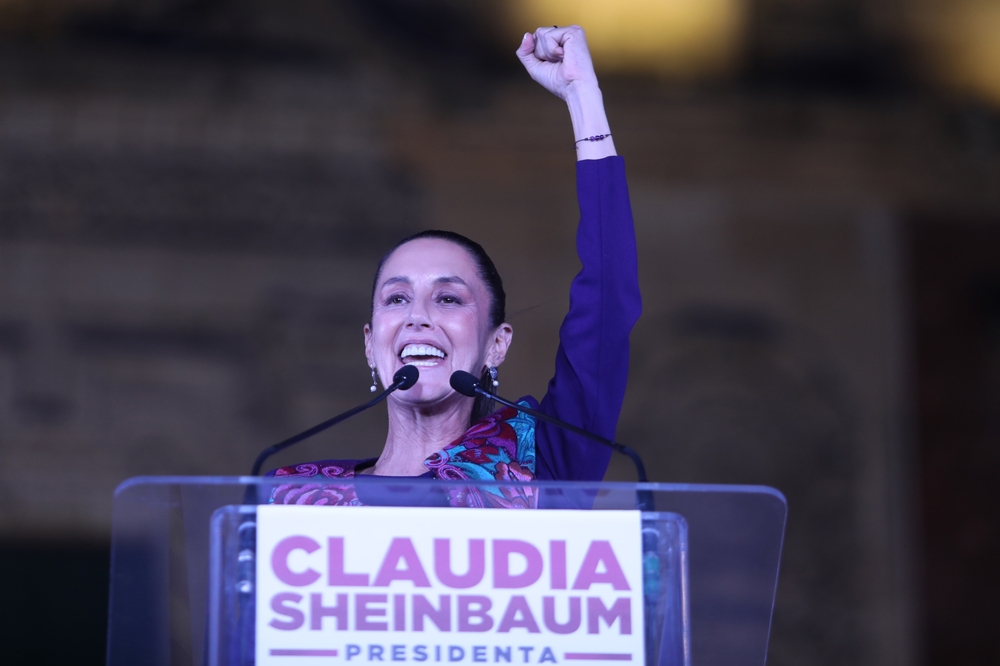
HOW WILL MEXICO’S NEW PRESIDENT DEAL WITH TRUMP, MIGRATION, AND DRUG CARTELS?
Laura Carlsen discusses how Claudia Sheinbaum will navigate a series of domestic challenges and a changing U.S.-Mexico relationship. In June 2024, Mexicans elected a female president, Claudia Sheinbaum to replace Andres Manuel

